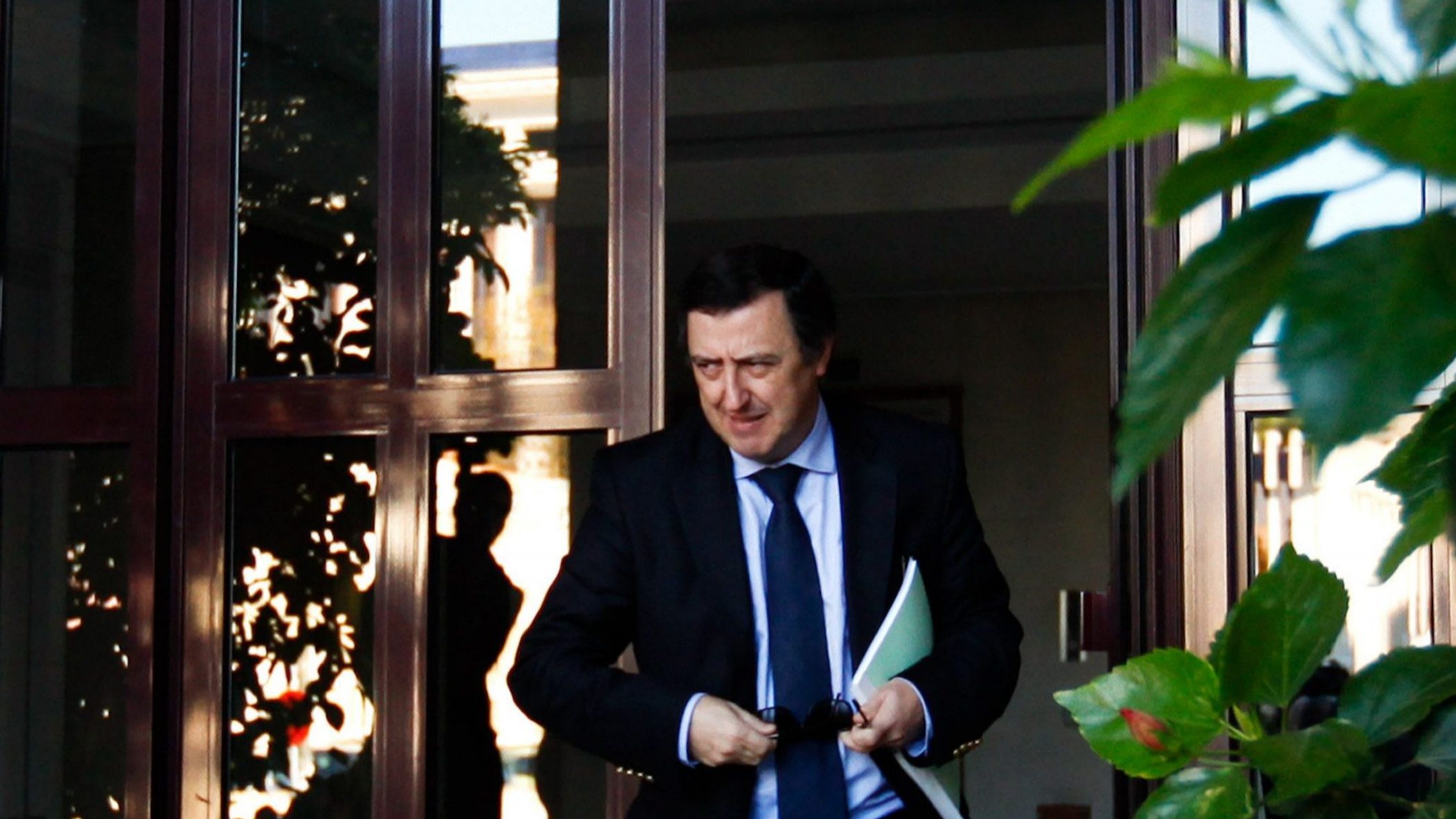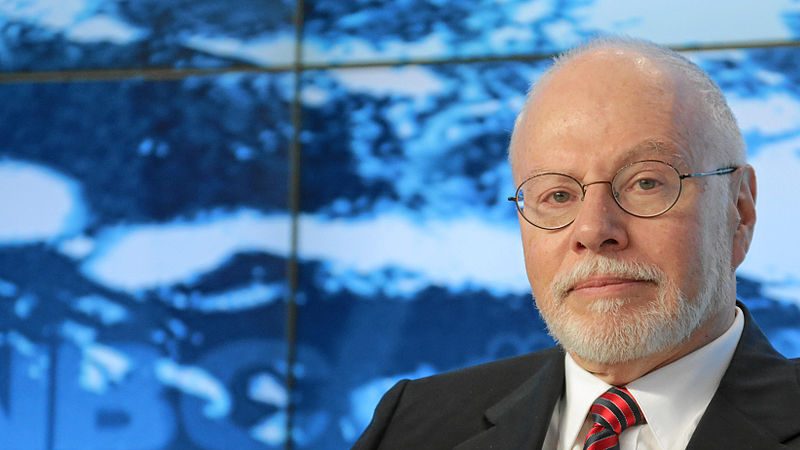Prosecutor’s measures for EDP bosses accused of corruption ‘illegal’ – defence lawyers
The defence of António Mexia and Manso Neto considers that the coercive measures are illegal and a way to punish the defendants in advance.
The defence of António Mexia and Manso Neto considers that the coercive measures that the Public Prosecutor wants to apply to the president of EDP and EDP renewables are illegal and a way to punish the defendants in advance.
In the challenge, which the Lusa agency had access on Monday, presented by the defence of Antonio Mexia and the president of EDP renewables João Manso Neto to the proposal of the Public Prosecutor (MP) to suspend them from office and require them to pay a bond of no less than two million euros, it is stated that the MP intends to impose penalties through a summary trial.
“The Public Prosecutor intends to punish defendants in advance and thereby offer a lesson and a moral to Portuguese society, which has followed the case [EDP] through the newspapers,” reads the allegations that also argue that the MP requested past facts “from five and two years ago” and gave it “the appearance of new facts.
“The Central Investigation and Penal Action Department (DCIAP) charges the defendants António Mexia and Manso Neto, in co-authorship, with four crimes of active corruption and one crime of economic participation in business” and the defendant João Conceição with two crimes of passive corruption for illicit acts.
For the team of lawyers no new facts have been presented which justify the more serious alteration of the coercive measures to the two defendants and criticizes the Public Prosecutor for trying to impute to them crimes for facts which resulted from collective decisions.
In the defence, handed over to Judge Carlos Alexandre, the team of lawyer João Medeiros, accuses the prosecutors of conditioning witnesses and decontextualizing statements, ignoring evidence and showing a lack of accuracy.
The lawyers argue that there are no grounds for aggravating the coercive measures, and that “none of the criteria legitimising the aggravation of the measures applies to António Mexia and Manso Neto, who have already been accused for three years.
They also contest the alleged danger of contact with other defendants, the conditioning of witnesses or the destruction of evidence, justifying that there are no new facts in the last three years, except press reports on the Baixo Sabor dam and the appointment of Artur Trindade, the former Secretary of State for Energy.
The defense also says that the removal of a manager from a 100% private company can only be defined by its shareholders in opposition to what is suggested by the MP.
The Public Prosecutor’s argument on the award of the construction of the Baixo Sabor dam and the appointment of Artur Trindade to OMIP [Iberian Energy Market Operator] is based, according to the defence, on mere newspaper news.
After the judicial questionings, the MP proposed, in the case of António Mexia, the “suspension of the exercise of functions in concessionaire companies or public capital companies, as well as any management/administration position in companies of the EDP Group, or controlled by it, in Portugal or abroad”.
In addition, the “prohibition to go abroad with the obligation to hand in his passport” and to “contact, by any means, fellow defendants and witnesses” and that António Mexia be prohibited from entering “all EDP buildings” and that he provide a “guarantee of at least two million euros”.
The eight-year enquiry investigates “the early termination of the Power Purchase Agreements (PPAs) and the transition to the Contractual Equilibrium Maintenance Costs (CMEC) regime and also the extension of the right to use the Public Water Domain (DPH) until the end of the useful life of the power stations under the CMEC regime”.


